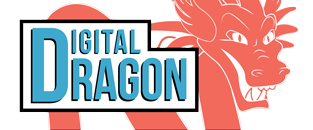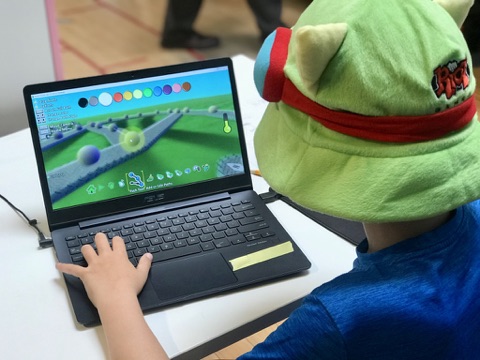Are the Games Your Kids Playing Entertaining or Transformational?
With the classes back in session, as predicted, there’s been an influx of “ed tech” options flooding into our learning environments. Whether it is mergers from educationally focused companies, to new experiences being made possible through hardware advances, it’s all vying for our time. So this month, let’s break down what makes something a transformational experience (as compared to entertaining) and the types of transformation there are.
First, we have to acknowledge that the majority of apps/games out there are more focused on entertainment rather than transformation. We can quickly check this by pinning this against some characteristics and asking these questions.
What is the intent of this game?
Can we define the specific change the design focuses on?
Does this game transfer change into the real world?
Can this be applied to something else?
Is there persistence beyond “play time?”
What happens when we put this down?
At the very least, the app/game should be able to provide insight into those questions and if not, it’s probably geared at entertainment.
Beyond whether it is or isn’t, what does it mean to be transformational? Well, there are different types of transformation, all with their purpose.
According to the Transformational Framework by CMU’s ETC Press [go team!] we can look for 10 different impact areas.
* Skill – After playing you can do something new.
* Physical – After playing your body has changed.
* Disposition – After playing you feel different.
* Experience – After playing, your personal story has changed.
* Behavior – After playing you act differently.
* Belief – After playing, your mental model of what is true is altered.
* Relational – After playing, you interact with others differently.
* Identity – After playing, your sense of self is new.
* Societal – After playing, the world is impacted.
TLDR; Every transformation type has value if applied to the right situation. Before committing to spending time on one app/game or another, do a simple check to decipher if indeed the experience was intentionally designed to be transformational and if so, then what type of transformation can you expect? If it’s not transformational, it’s probably fun at least… and that has its place, too.
John Balash was instrumental in Digital Dragon’s launch in 2013 as its first Curriculum Director and is now back in the fold as a consultant on all the latest and greatest in tech education.This is John’s latest contribution to a monthly blog series we’ve launched, Tech News from the Frontier. John is the Director of Educational Engagement at Carnegie Mellon University’s Entertainment Technology Center. John has worked on educationally-focused initiatives with clients ranging from D.A.R.P.A. to Disney. Working from both sides of the desk, you can find John in classrooms and conferences around the world exploring new uses for technologies in learning environments.

